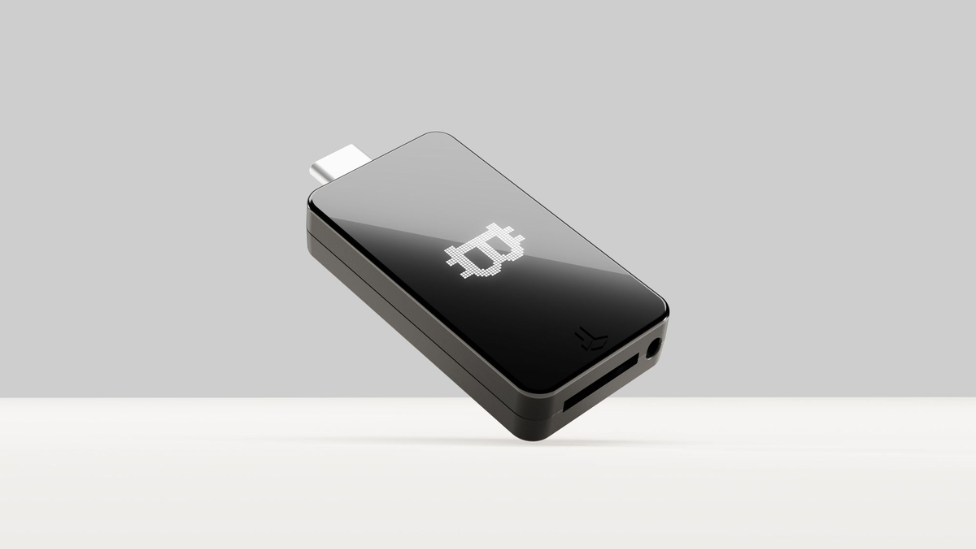As crypto continues to grow and evolve rapidly, we can’t overemphasize the importance of securing your assets. A recent Crystal Blockchain report states that hackers stole $119 million in cryptocurrency through 19 breaches in 2023. In order to guide against this, it is essential to take every measure to ensure your investments are secure, given how frequently security breaches and hackers occur. If you have chosen to self-manage your digital assets, using security measures like hardware wallets to protect your holdings is extremely important. If used properly, hardware wallets are a great option for securely storing your coins.
What Are Hardware Wallets?
Hardware wallets play a vital role in the blockchain ecosystem. They provide a secure way for crypto users to store their private keys offline, known as “cold” storage. Cold storage means the keys don’t connect to the internet, except for when the user needs to connect them to a computer to complete a transaction. We consider crypto wallets based on software or the web as “hot” because they are always online. Crypto wallets increase the risk of hackers finding more ways to steal your funds. Hardware wallets are a highly secure choice for safeguarding cryptocurrency assets from unauthorized access.
How Do They Work?
Hardware wallets cannot connect to the internet by themselves, making it extremely difficult for hackers to access their contents. They are like simple computers that have only a few important functions. They usually have one or two buttons and a small screen. In order to spend, swap, or transfer assets to and from any wallet, the user must sign the transaction using their private key. If a user wants to sign a transaction using a hardware wallet, it uses a crypto bridge, software that enables the device to connect to the blockchain and sign transactions internally.
When a crypto user wants to sign a transaction- after they connect the hardware wallet to the PC, the bridge transfers unsigned transaction data to the hardware wallet. After the hardware wallet signs the transactions using the private key, it sends them back to the bridge. The bridge then broadcasts the signed transactions to the entire blockchain network as complete. Throughout the process, the user’s private key remains within the hardware wallet and doesn’t transfer elsewhere.
In general, crypto users who are more concerned about security or who have a lot of assets prefer hardware wallets. This choice is evidence of the high level of security a hardware wallet provides individuals who choose to manage custody themselves. In fact, due to security considerations, it is generally recommended that you never hold a significant quantity of cryptocurrency in an online “hot” wallet.
Conclusion
Hardware wallets are a vital tool for anyone looking to invest in cryptocurrency. Their unparalleled security, ease of use, and versatility provide an incredibly powerful way to keep your digital assets safe and secure. So, if you plan on investing in crypto, ensure you get a hardware wallet.




























